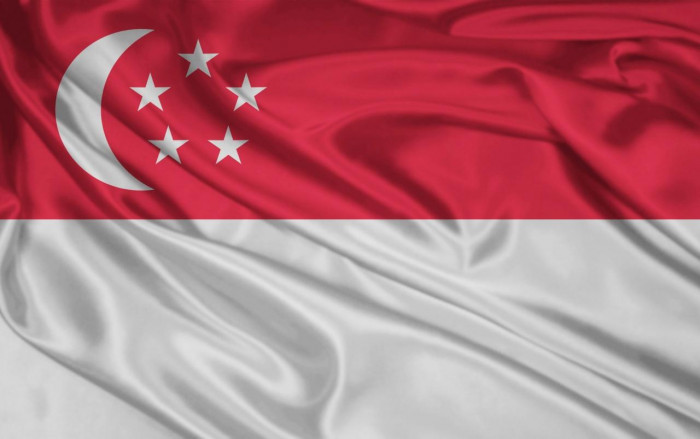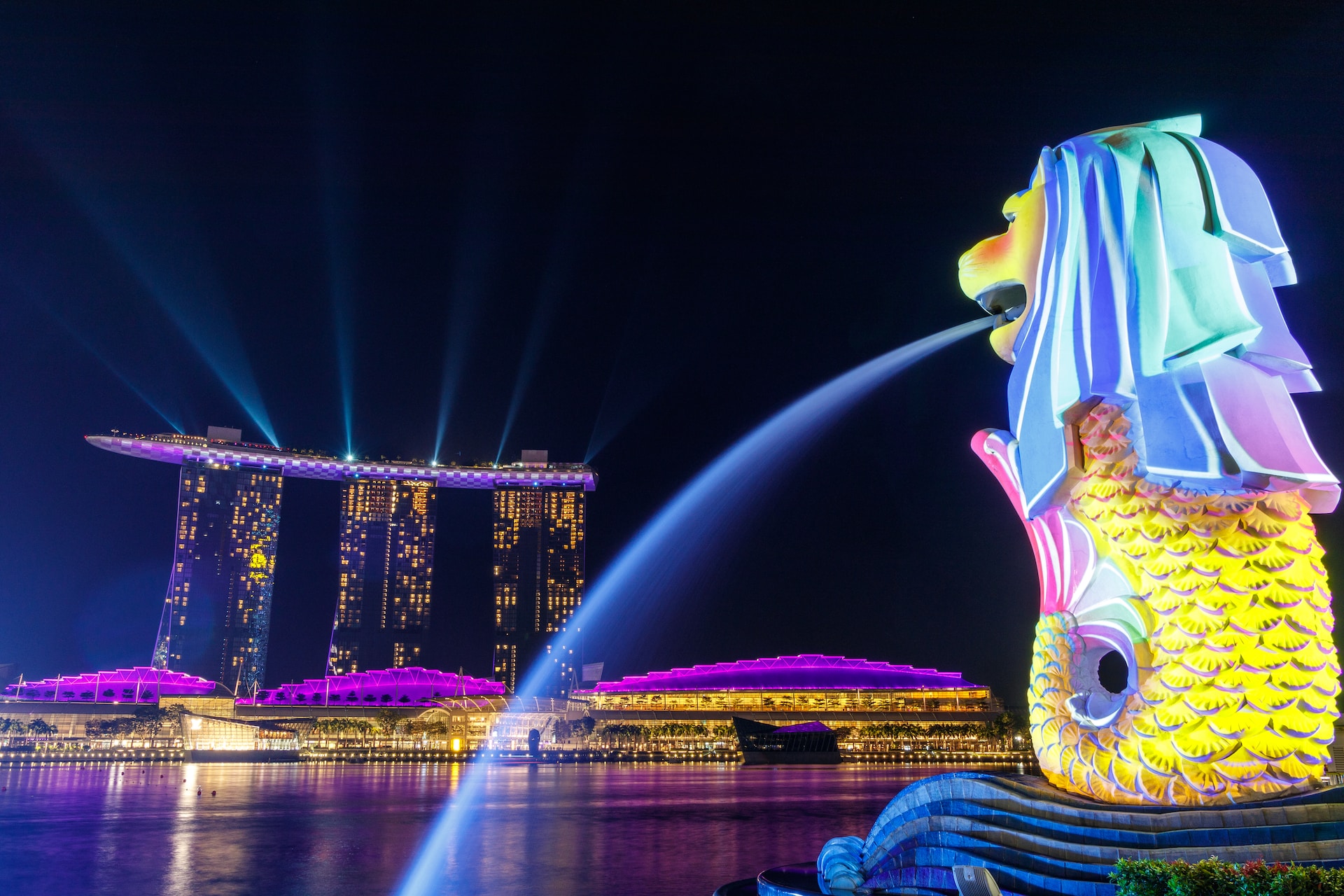Protecting intellectual property rights in Singapore is essential for businesses and individuals to succeed in the competitive global market. Understanding the available types of IP protection, the risks, and enforcement options can help rights holders make informed decisions about their IP assets. By implementing effective strategies, leveraging international IP treaties, and taking advantage of government initiatives, IP rights holders can safeguard their innovations and creations in Singapore and beyond.
Types of Intellectual Property Protection in Singapore
Singapore offers a wide range of intellectual property protection options, including:
- Patents: Patents protect inventions that are new, involve an inventive step, and are capable of industrial application. In Singapore, patent protection lasts for 20 years from the date of filing, subject to payment of annual fees.
- Utility Models: Singapore does not have a separate utility model system. However, utility innovations can be protected under the patent system if they meet the patentability requirements.
- Industrial Designs: Industrial designs protect the aesthetic aspects of products, such as their shape, color, or ornamentation. Design protection in Singapore lasts for a maximum of 15 years, subject to renewal every five years.
- Trademarks: Trademarks safeguard logos, symbols, words, or other distinctive signs that identify the goods or services of a particular business. Trademark protection in Singapore can last indefinitely, provided it is renewed every 10 years.
- Copyrights: Copyright protection covers literary, artistic, and scientific works, such as books, music, films, and software. In Singapore, copyright protection generally lasts for the lifetime of the author plus 70 years.
- Trade Secrets: Trade secrets encompass confidential business information, including manufacturing processes, customer lists, and marketing strategies. In Singapore, trade secrets are protected under common law and the Penal Code.
Risks to Intellectual Property in Singapore
Despite Singapore's strong IP regime, rights holders may still face some risks:
- Online Infringement: With the growth of e-commerce, IP rights holders may face increased risks of online infringement, such as counterfeit goods sold on online marketplaces.
- Global Supply Chain Risks: As a global trade hub, Singapore is exposed to the risk of counterfeit goods passing through its borders, which can affect both local and international businesses.
Enforcing Intellectual Property Rights in Singapore
To enforce IP rights in Singapore, rights holders can take the following steps:
- Civil Enforcement: IP rights holders can initiate civil proceedings to seek injunctions, damages, and the destruction of infringing goods.
- Criminal Enforcement: In cases of willful infringement or counterfeiting, rights holders can report the matter to law enforcement authorities, who can initiate criminal proceedings.
- Customs Enforcement: Singapore Customs can detain suspected counterfeit goods at the border. Rights holders can register their IP rights with Customs to facilitate this process.
- Alternative Dispute Resolution: Mediation and arbitration can be effective means of resolving IP disputes, offering a faster and potentially less expensive alternative to litigation.
Relevant Statistics
- According to the Intellectual Property Office of Singapore (IPOS), there were 11,877 patent applications filed in 2020, showcasing the importance of innovation in the country.
- In 2020, IPOS received 25,061 trademark applications, indicating the value businesses place on brand protection in Singapore.
- Singapore ranked 2nd in the Global Innovation Index 2021, demonstrating its strong commitment to innovation and IP protection.
Strategies for Protecting IP in Singapore
To effectively protect and manage intellectual property rights in Singapore, businesses and individuals should consider the following strategies:
- Early Registration: Registering IP rights early is crucial to ensure protection and prevent potential infringement. This is particularly important for patents, as Singapore operates on a first-to-file system.
- Monitor the Market: Regularly monitoring the market for potential infringement is essential to identify and address any issues promptly. This includes both online and offline marketplaces, where counterfeit goods may be sold.
- Collaborate with Local Partners: Collaborating with local partners, such as law firms and IP consultants, can help rights holders navigate the complexities of the Singaporean IP system.
- Educate Employees: Providing employees with training on intellectual property rights can increase awareness and encourage a culture of respect for IP within the organization.
- Develop an IP Strategy: Establishing a comprehensive IP strategy that covers protection, enforcement, and commercialization can help businesses maximize the value of their intellectual property.
International IP Treaties
Singapore is a member of several international IP treaties, which can provide additional protection for IP rights holders:
- World Intellectual Property Organization (WIPO): Singapore is a member of WIPO, which administers several IP treaties and provides resources for IP protection and enforcement.
- Agreement on Trade-Related Aspects of Intellectual Property Rights (TRIPS): Singapore is a member of the World Trade Organization (WTO) and adheres to the TRIPS Agreement, which sets minimum standards for IP protection and enforcement.
- Patent Cooperation Treaty (PCT): As a member of the PCT, Singapore allows inventors to file a single international patent application that can cover multiple countries, including Singapore.
Government Initiatives to Support IP
The Singaporean government has implemented various initiatives to support IP development and protection:
- Intellectual Property Office of Singapore (IPOS): IPOS is the government agency responsible for administering and regulating IP rights in Singapore. It provides resources, services, and support for IP rights holders.
- IP Hub Master Plan: Launched in 2013, the IP Hub Master Plan is a government initiative aimed at developing Singapore into a global IP hub. The plan focuses on three key areas: building a vibrant IP marketplace, providing quality IP services, and fostering a conducive IP ecosystem.
- IP Financing Scheme: This scheme, introduced by the government, allows businesses to use their IP assets as collateral to obtain financing for growth and expansion.
Related Information















